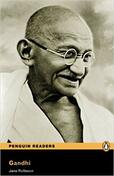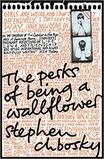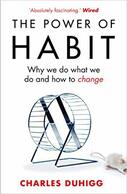How to tell a Joke - in English!
Phrasal verbs often have two meanings - one literal, and one metaphorical. These two meanings can be used together to make great jokes, and hopefully help you remember some phrasal verbs!
Students on our Intensive English Courses go to watch live comedy every Tuesday night, accompanied by a teacher of English to help them understand the jokes.
Learn these definitions, and then try our jokes at the end of the page. Remember to tell them to a native English speaker next time you see one!
1) 'to fall out'
2) 'to let someone/something down'
3) 'to pick something up'
4) 'to put something out'
5) 'to drop off'
Students on our Intensive English Courses go to watch live comedy every Tuesday night, accompanied by a teacher of English to help them understand the jokes.
Learn these definitions, and then try our jokes at the end of the page. Remember to tell them to a native English speaker next time you see one!
1) 'to fall out'
- to fall out of something = to fall from one place to another, example: to fall out of a tree
- to fall out with somebody = to have an argument with somebody, example: he fell out with his wife
2) 'to let someone/something down'
- to let something down = to lower something, example: he let the bags down on a chain
- to let somebody down = to disappoint, or fail to support someone, example: she let her teacher down
3) 'to pick something up'
- to take something in your hands and lift it from another surface, example: he picked his phone up from the table
- to learn something naturally without much effort, example: she picked up English in no time at all
4) 'to put something out'
- to move something from inside to outside, example: could you put these logs out?
- to extinguish something, example: he put out his cigarette
5) 'to drop off'
- to fall from something, example: the pen dropped off the table
- to go to sleep, example: as soon as I sat down, I dropped off








